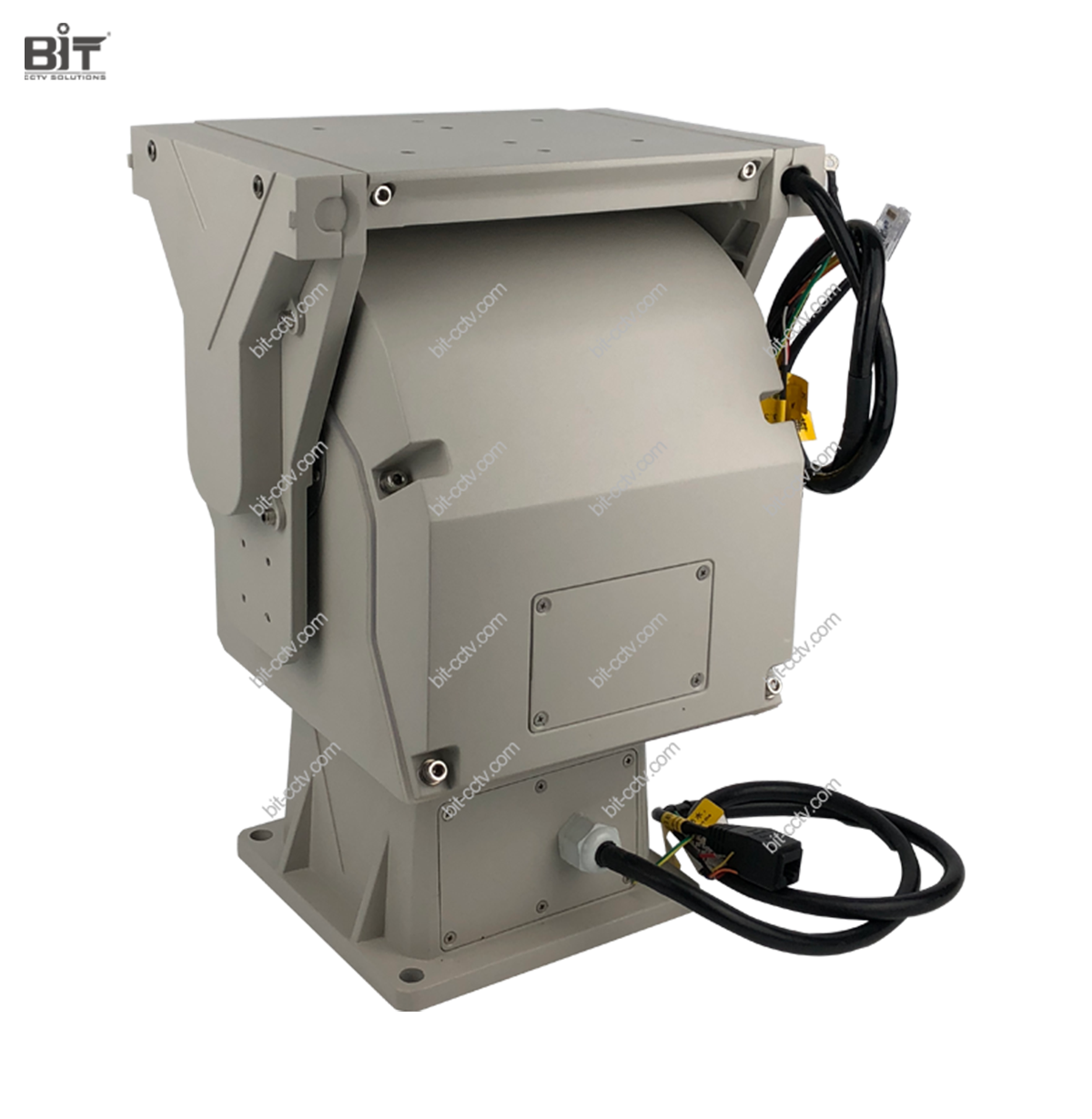
# Pan Tilt Unit Overview
## Introduction to Pan Tilt Units
A pan tilt unit (PTU) is a mechanical device that provides controlled movement in two axes: pan (horizontal rotation) and tilt (vertical rotation). These units are widely used in various applications where precise angular positioning is required.
## Key Components of a Pan Tilt Unit
The typical pan tilt unit consists of several essential components:
- Base platform
- Pan mechanism (horizontal rotation)
- Tilt mechanism (vertical rotation)
- Motors (servo, stepper, or DC)
- Control electronics
- Position sensors (encoders or potentiometers)
## Applications of Pan Tilt Units
Surveillance Systems
PTUs are commonly used in security cameras to provide flexible viewing angles and tracking capabilities.
Robotics
Robotic systems utilize pan tilt units for head movement, sensor positioning, and object tracking.
Laser Systems
Precision laser pointing and scanning systems often incorporate high-accuracy PTUs.
Astronomy
Telescope mounts frequently use pan tilt mechanisms for celestial tracking.
## Types of Pan Tilt Units
There are several types of pan tilt units available:
- Motorized PTUs with servo or stepper motors
- Manual PTUs with mechanical adjustment
- Heavy-duty industrial PTUs
- Compact PTUs for small devices
- High-precision PTUs for scientific applications
Keyword: pan tilt unit
## Selection Considerations
Load Capacity
Consider the weight of the payload the PTU needs to support.
Speed and Accuracy
Determine the required movement speed and positioning precision.
Environmental Factors
Account for operating conditions such as temperature, moisture, and vibration.
Control Interface
Choose between analog, digital, or network-based control options.
## Maintenance and Care
Proper maintenance of pan tilt units includes:
- Regular lubrication of moving parts
- Periodic inspection of electrical connections
- Calibration checks for accuracy
- Cleaning of optical surfaces (if applicable)
## Future Developments
The future of pan tilt units includes advancements in:
- Miniaturization for smaller devices
- Improved energy efficiency
- Enhanced control algorithms
- Integration with AI and machine vision